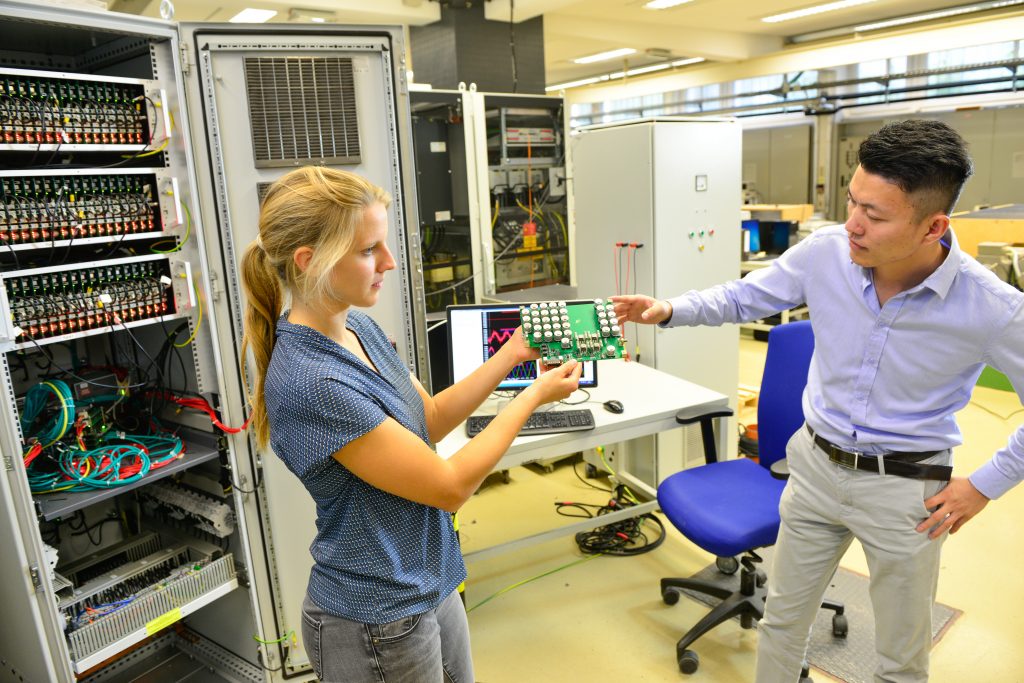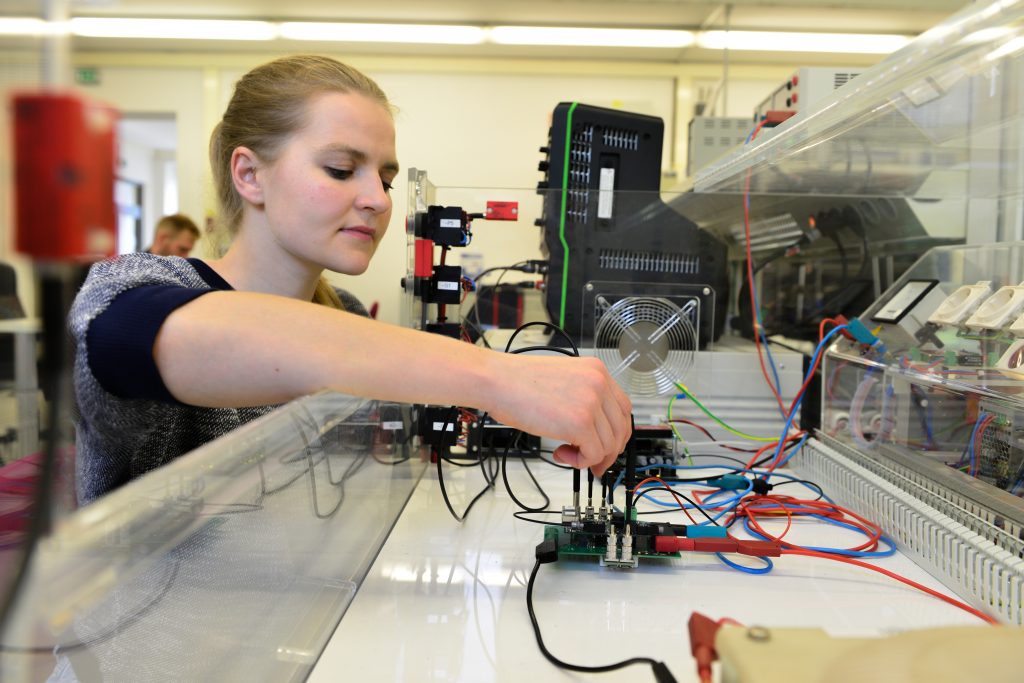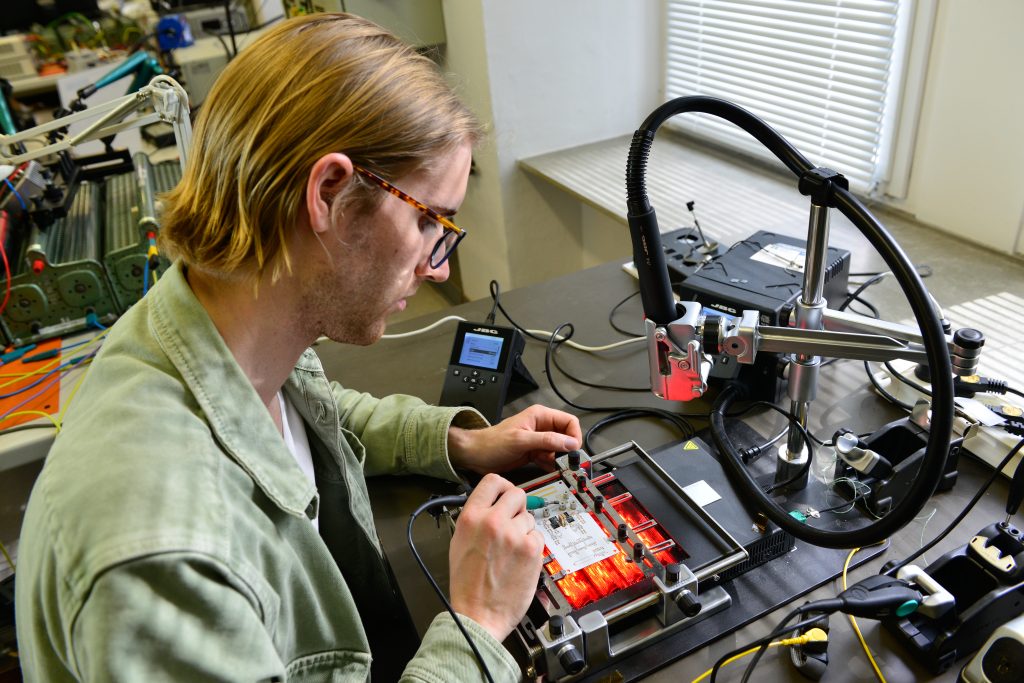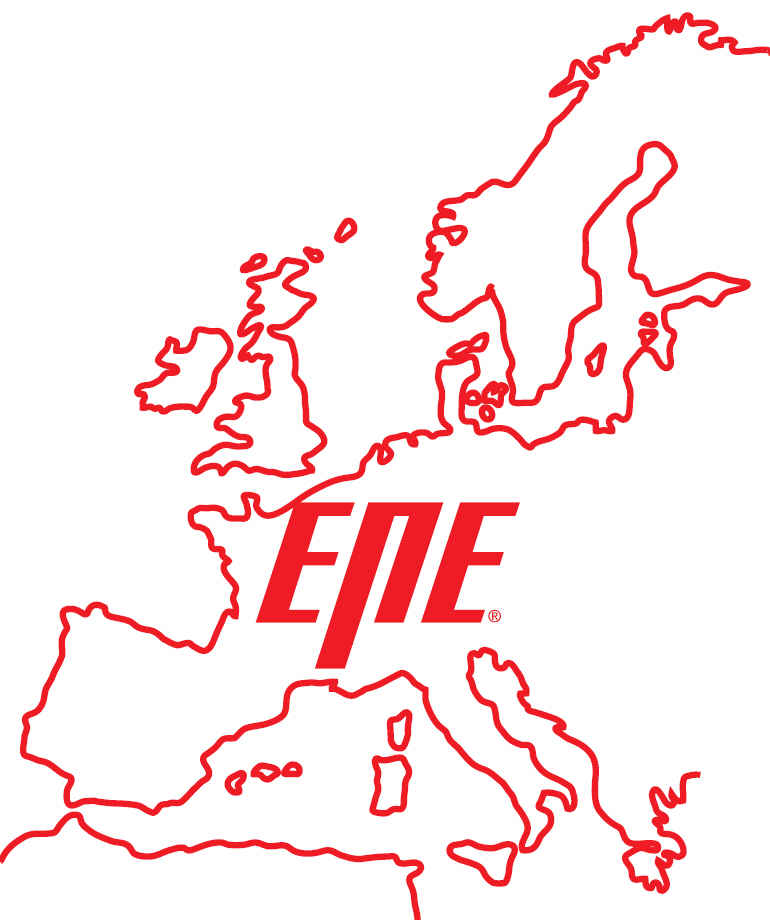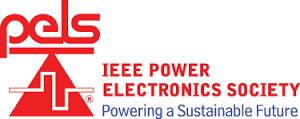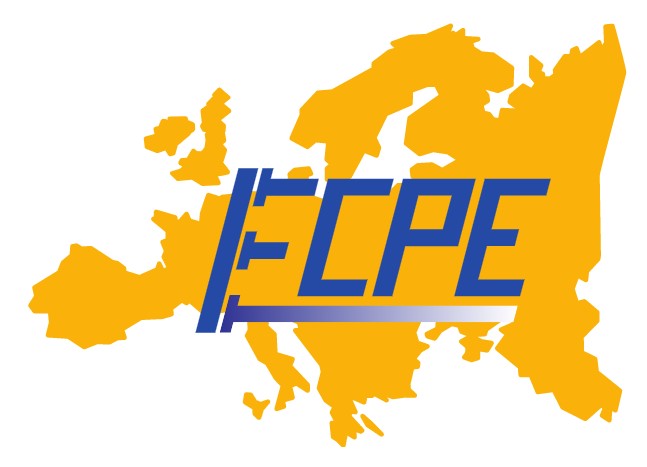The conference will take place at the Hannover Congress Centrum (HCC), Germany. The conference venue is located 2 km from the city centre and from the main railway station, which is reached in about 20 minutes by rapid transit from the Hannover Airport. Public transportation in Hannover is excellent, and there is a tram station in front of the HCC. The conference venue offers facilities and services of international quality meeting standards. Wi-Fi access will be free for attendees, everywhere in the congress center.
The Hannover Congress Centrum is one of the largest congress and event centres in Germany. Almost 100 years old, the convention centre with its historical domed hall and function rooms is not only a high-tech venue, it is also right next door to the modern multi-purpose event halls. The HCC has been an important meeting place for the social- and cultural life in an around Hannover for decades and is well known for its professional congresses and exhibitions throughout Germany and Europe.
It also boasts a unique and central location: the conference centre is easily accessible with excellent public transport links and is surrounded by the city park.
Wit a total of 4 multifunctional event halls, 7 ballrooms and 28 seminar rooms on a total of 23.000 m² of foyer and event space, the HCC offers around 13.000 seats for events of all kinds. An average of 1.000 events with around 400.000 visitors take place in the Hannover Congress Center each year.
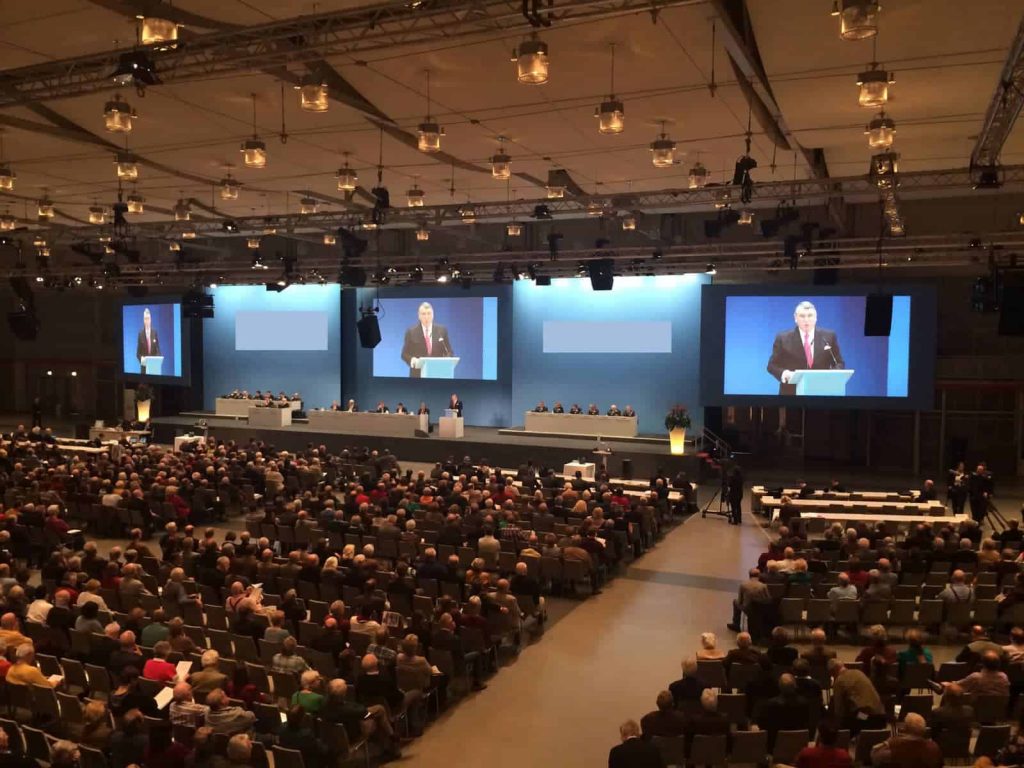
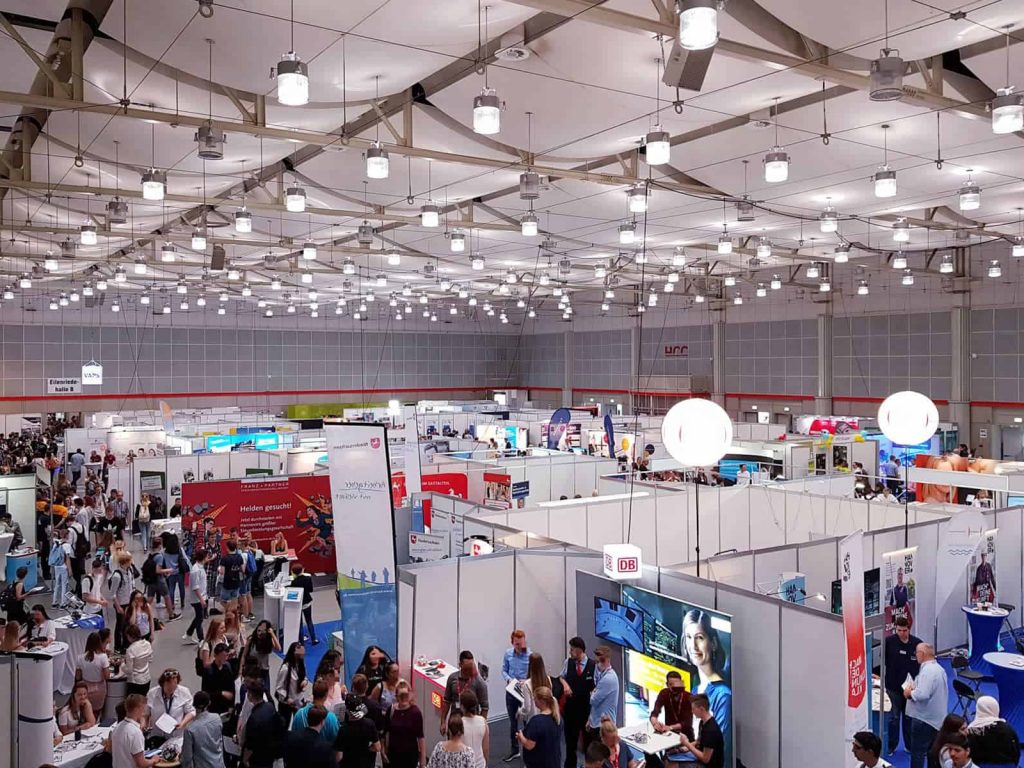
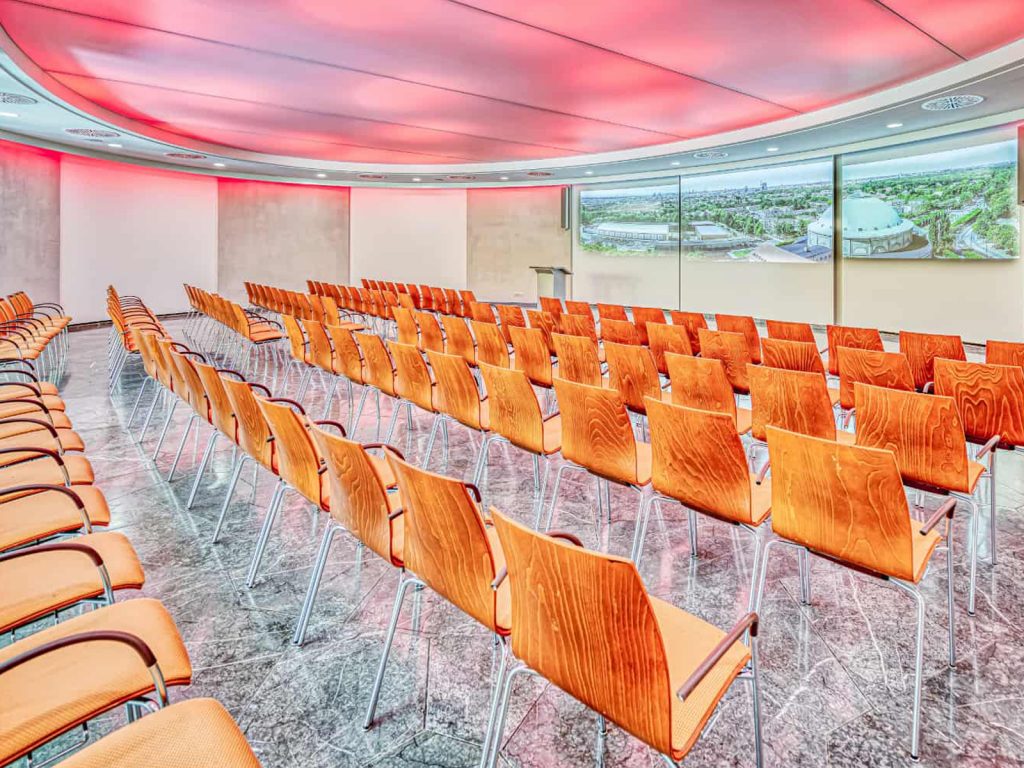
Leibniz University Hannover
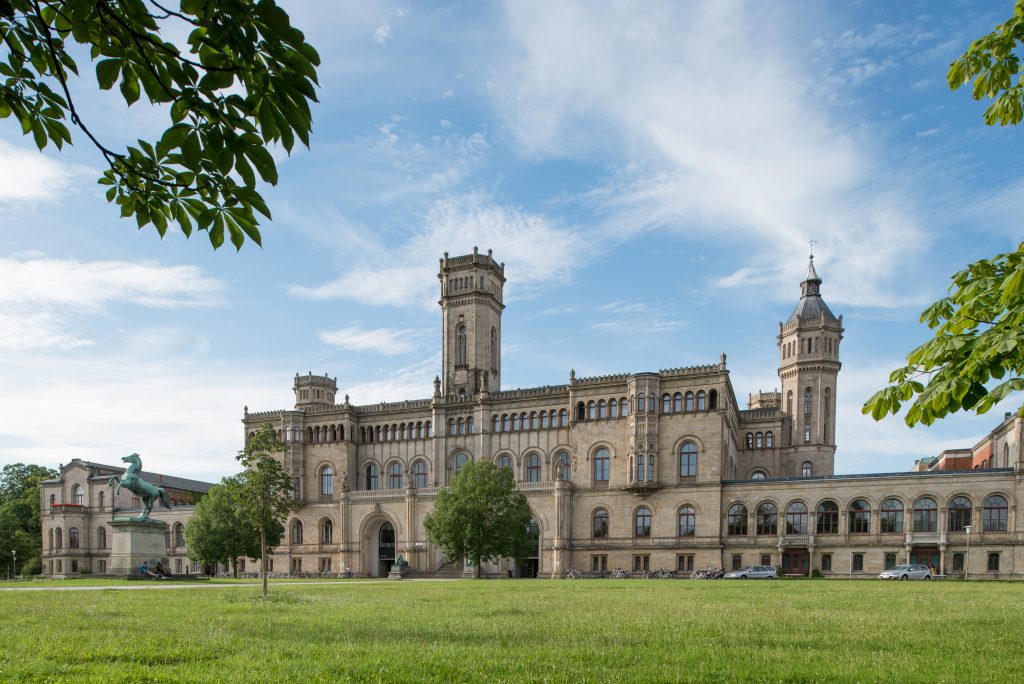
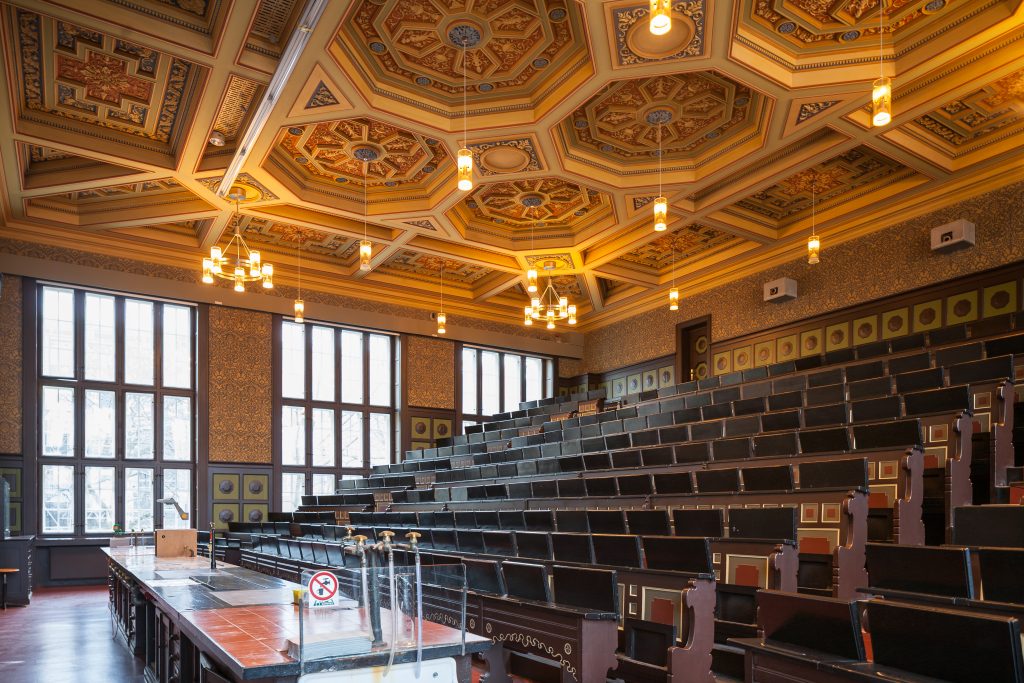
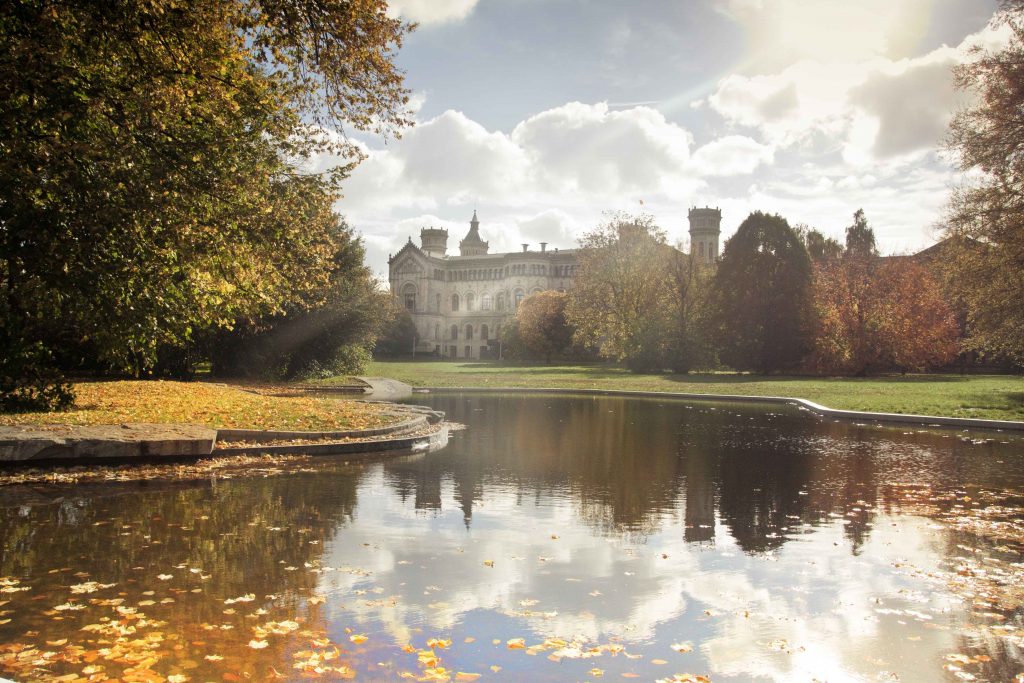
A campus surrounded by greenery in the middle of the city – Gottfried Wilhelm Leibniz University Hannover plays a decisive role in shaping the image of Lower Saxony’s state capital. This is due not only to the buildings such as the Welfenschloss but also to the people: Almost 30 000 students are currently enrolled. They have chosen one of the largest universities in Germany that offers interdisciplinary teaching in a wide range of subjects and stands for research at the highest international level.
Founded in 1831 as a Higher Industrial School, the school quickly developed into a modern university. The university is particularly committed to the name of Gottfried Wilhelm Leibniz: With his life and work, the last great polymath stands for an extraordinary personality who had an impact on science, engineering and culture beyond his own epoch. Since 2006, the former University of Hannover has borne the name Gottfried Wilhelm Leibniz University and celebrated both the 370th birthday of its namesake and the ten-year renaming in Leibniz Year 2016.
With its nine faculties, around 150 institutes and a total of more than 160 degree and partial degree programs, Leibniz University covers almost the entire scientific spectrum, ranging from engineering and natural sciences to architecture and environmental planning, law, social sciences and economics, and the humanities. Having evolved from a former Technical University, Leibniz University is a member of TU9, the alliance of leading Universities of Technology in Germany. Engineering and natural sciences account for ca. 50% of the students and for ca. 80% of the third-party funding.
The Technical Information Library, the world’s largest such institution for natural sciences and technology, is based in Hannover and located on the campus of Leibniz University Hannover.
For more information, please visit the website: https://www.uni-hannover.de/en/universitaet/profil/
Institute for Drive Systems and Power Electronics
The Institute of Drive Systems and Power Electronics (IAL) is the largest institute in the German-speaking world where experts for electrical machines, power electronics and drive control research are united under one roof. The close cooperation of these disciplines in the entire field of electrical drive technology from the microwatt to the multi-megawatt range is a brand mark of IAL. Applications include industrial drives, traction and propulsion drives for e-mobility including aviation, as well as renewable energies and smart grids. A special focus of work is the interaction between electrical machines and power electronics. This includes control of drives, high-frequency interactions as well as noise and vibrations. Currently, IAL consists of 4 Professors (including 2 Assistant Professors), 2 Senior Engineers and more than 50 research associates who are pursuing their doctorate degree at the same time. In addition, about 80 students are working at IAL as student assistants or on their Bachelor’s or Master’s theses. Find out more here: https://www.ial.uni-hannover.de/en/
To meet the challenges of power electronics in the field of wide bandgap power semiconductors and their driver circuits, IAL cooperates closely with the internationally renowned Institute of Microelectronics (IMS), in particular with the field of integrated mixed-signal-circuits. https://www.ims.uni-hannover.de/en/institute/mixed-signal-circuits-section/
